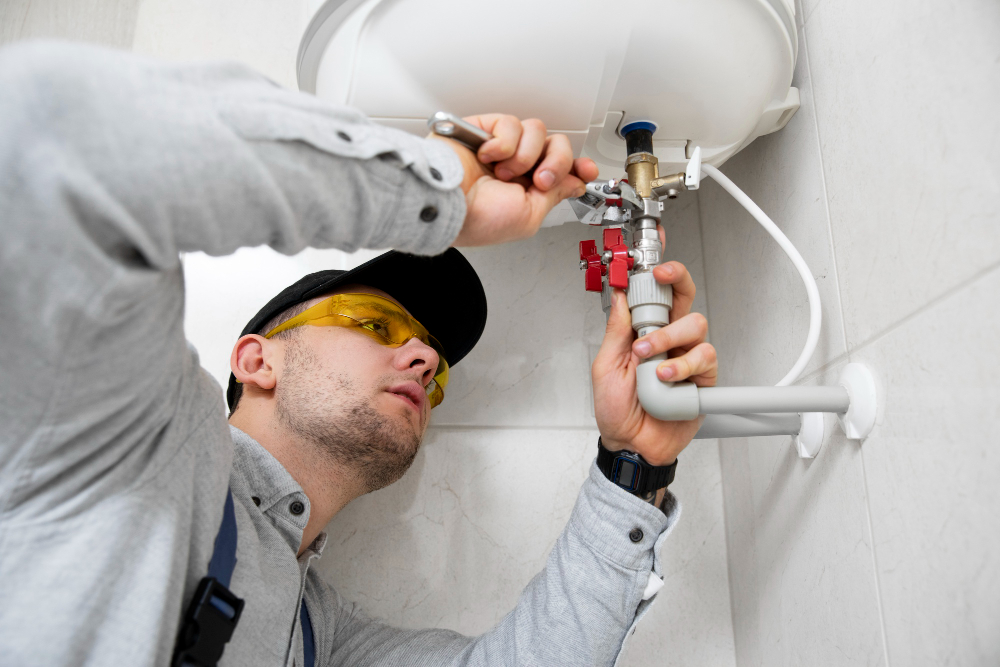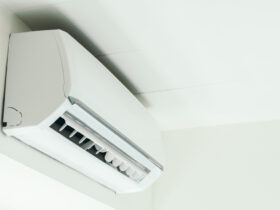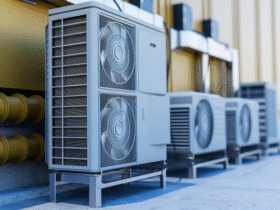There’s nothing quite as inconvenient as stepping into the shower only to find that the water is cold. A faulty hot water system can disrupt your daily routine and cause major frustration for any household. Whether it’s inconsistent water temperature, strange noises from your tank, or a complete lack of hot water — getting hot water repairs done quickly and properly is essential for comfort and safety.
In this guide, we’ll explore everything you need to know about hot water repairs, including common problems, repair tips, when to call a professional, and how to prevent future breakdowns.
What Are Hot Water Repairs?
Hot water repairs involve diagnosing and fixing problems with your home’s water heating system. These systems can be electric, gas, solar, or heat pump models, and each type may experience different issues over time. The goal of hot water repairs is to restore your system to full efficiency — ensuring reliable, consistent hot water whenever you need it.
Professional plumbers or hot water specialists carry out repairs such as replacing faulty components, fixing leaks, or cleaning sediment buildup inside the tank. In some cases, if the system is too old or damaged, a replacement might be the best long-term solution.
Common Signs Your Hot Water System Needs Repairs
It’s easy to overlook early warning signs of a problem until it’s too late. Here are the most common indicators that your system may require hot water repairs:
1. No Hot Water or Inconsistent Temperature
If your water turns cold suddenly or you’re not getting hot water at all, there could be an issue with the thermostat, heating element, or gas burner.
2. Leaking Water Around the Tank
Any visible water near your hot water unit is a red flag. Leaks could come from the tank itself, the pressure relief valve, or the connecting pipes. Ignoring leaks can lead to costly water damage.
3. Strange Noises
Banging, hissing, or rumbling sounds are usually caused by sediment buildup inside the tank. This buildup can cause overheating, reduced efficiency, and eventual damage.
4. Rusty or Discoloured Water
Brown or rusty water indicates corrosion inside the tank. This not only affects water quality but can also mean your system is nearing the end of its life.
5. Fluctuating Water Pressure
Low water pressure can result from blockages, leaks, or a failing valve. Inconsistent pressure is also a sign that professional inspection is needed.
6. Water Takes Too Long to Heat
If your system is taking longer than usual to heat water, it could be struggling with a failing element or thermostat.
Types of Hot Water Systems That Commonly Need Repairs
Different types of systems require different repair approaches. Let’s look at the main kinds:
1. Electric Hot Water Systems
Electric systems are among the most common in Australian homes. They’re reliable but can face issues such as heating element failure, blown fuses, or thermostat problems.
2. Gas Hot Water Systems
Gas systems can experience issues like pilot light failures, gas leaks, or burner problems. If you smell gas or notice the pilot light won’t stay on, turn off the gas supply and call a licensed plumber immediately.
3. Solar Hot Water Systems
Solar-powered systems are energy-efficient but depend on sunlight. Issues can occur with solar panels, pumps, or backup boosters. Regular maintenance is key to keeping them efficient.
4. Heat Pump Hot Water Systems
These systems use air to heat water, making them energy-efficient but sensitive to temperature changes. Compressor issues and refrigerant leaks are common repair problems.
Why Professional Hot Water Repairs Are Essential
While DIY fixes might seem appealing, hot water systems are complex and can pose safety risks — especially with electrical and gas components. Here’s why hiring a licensed plumber or technician is always the best choice:
- Safety Assurance – Professionals are trained to handle pressurised tanks, electrical wiring, and gas lines safely.
- Proper Diagnosis – A trained technician can quickly identify the root cause of the issue and prevent further damage.
- Warranty Protection – Most systems require professional servicing to keep warranties valid.
- Long-Term Savings – Quality repairs help extend the life of your unit and improve efficiency, saving money on energy bills.
Step-by-Step Process of Hot Water Repairs
Here’s what typically happens when you call for hot water repairs:
1. Inspection and Diagnosis
The technician checks for leaks, electrical faults, or damaged parts. They’ll also test the thermostat, heating elements, and valves.
2. Quoting the Repair
After identifying the problem, you’ll receive a quote for the repair or replacement, depending on the condition of your system.
3. Carrying Out the Repairs
This may involve replacing heating elements, fixing leaks, cleaning sediment, or adjusting the thermostat. For gas systems, the burner and pilot assembly may be serviced.
4. Testing the System
Once the repairs are done, the plumber will test your system to ensure it’s working efficiently and safely.
5. Preventive Maintenance Advice
Finally, the professional will offer maintenance tips to keep your hot water system in top shape.
Preventive Maintenance Tips for Hot Water Systems
Regular maintenance helps you avoid costly repairs and extend the life of your unit. Here are a few easy maintenance steps:
- Flush the Tank Annually: Removing sediment buildup prevents corrosion and improves heating efficiency.
- Check the Pressure Relief Valve: Test it regularly to ensure it’s working properly.
- Inspect for Leaks: Catching small leaks early can prevent bigger problems later.
- Adjust the Thermostat: Keep it around 60°C to ensure efficient heating and prevent scalding.
- Schedule Professional Servicing: Have your system checked by a licensed plumber at least once a year.
When to Repair and When to Replace
Sometimes repairs may not be enough — especially if your system is old or inefficient. Here’s how to decide:
- Repair your system if the issue is minor, such as a faulty thermostat or heating element.
- Replace it if the tank is corroded, the system is more than 10 years old, or the repair cost is more than half the price of a new unit.
Upgrading to a new energy-efficient model can also save money on your power bills in the long run.
Eco-Friendly and Energy-Efficient Alternatives
If your hot water system is outdated, consider switching to an eco-friendly solution:
- Solar Hot Water Systems – Reduce energy bills and carbon footprint.
- Heat Pump Systems – Highly efficient and suitable for most Australian climates.
- Instantaneous (Tankless) Systems – Heat water on demand, eliminating storage waste.
These options can qualify for government rebates and help you save significantly over time.
Final Thoughts
Hot water is an essential part of everyday life from showers to washing dishes — and when something goes wrong, it can disrupt everything. Timely hot water repairs not only restore comfort but also prevent costly breakdowns and water damage.
Whether you’re dealing with a leaking tank, no hot water, or fluctuating temperatures, always call a licensed plumber for professional inspection and repair. Regular maintenance and early action are the keys to keeping your system running efficiently for years to come.
So, the next time you notice signs of trouble, don’t delay get your hot water repairs done promptly and enjoy reliable hot water whenever you need it.









Leave a Review